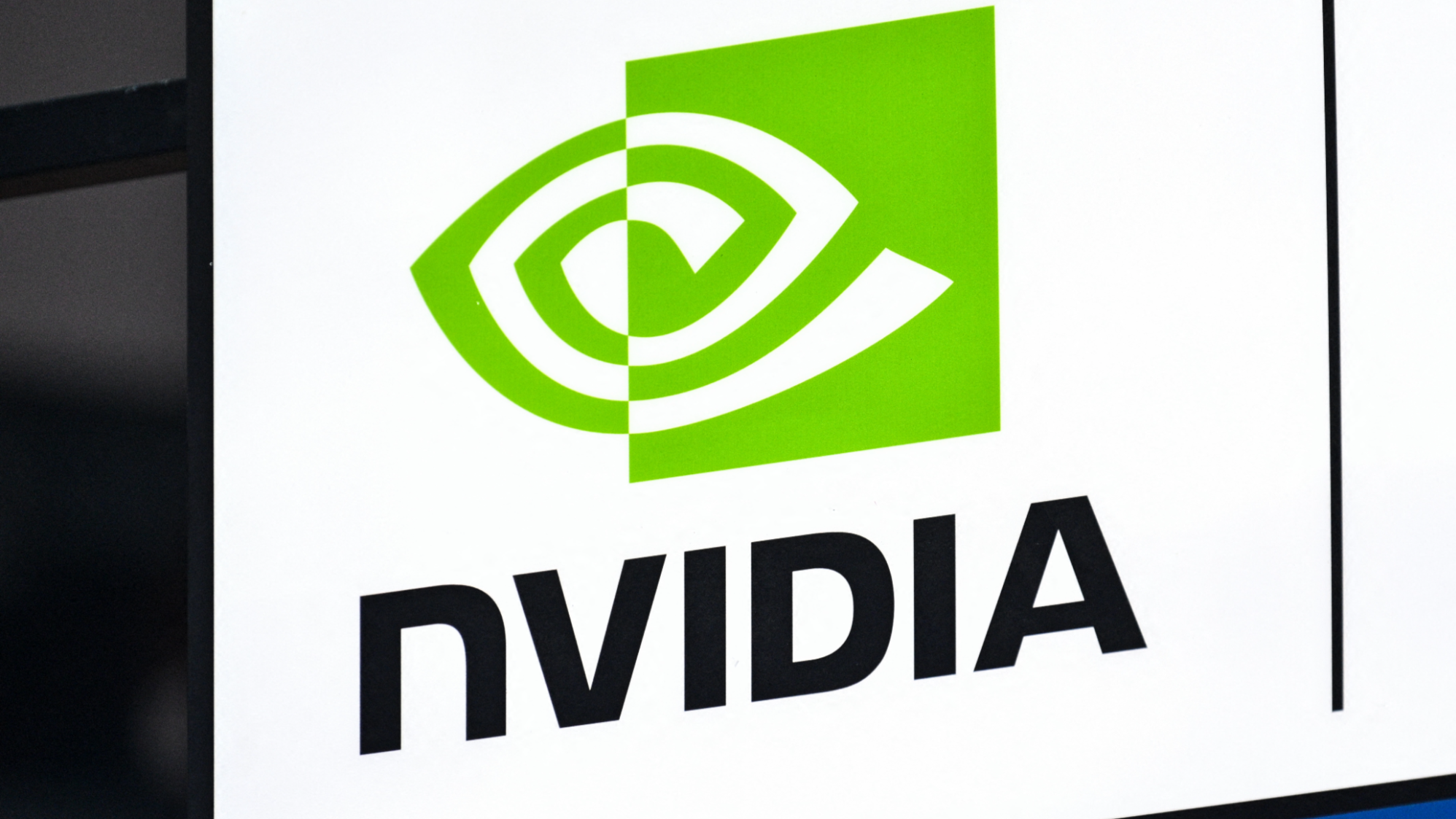The excitement surrounding Taylor Swift’s Eras tour has been one of the defining cultural moments in recent years, breaking records in attendance, ticket demand, and fan engagement. However, this same popularity has also exposed long-standing challenges in the live entertainment industry, particularly the issue of ticket reselling. Recently, the Federal Trade Commission (FTC) filed a lawsuit against a ticket reseller accused of deliberately skirting restrictions put in place to protect consumers from unfair practices during the frenzy of the Eras tour ticket sales.
According to the FTC, the reseller in question exploited technological loopholes and used deceptive methods to obtain tickets in bulk. By doing so, they allegedly violated federal consumer protection laws designed to ensure equal access for fans. These practices have drawn significant attention not only because of the Eras tour’s massive popularity, but also due to the broader implications for the ticketing industry and the millions of consumers affected by inflated prices and limited access.
The lawsuit initiated by the agency marks a prominent instance of government involvement in the ticket sales sector in recent years. The FTC contends that the reseller intentionally bypassed protective measures put in place by ticketing services, aimed at stopping the mass acquisition of tickets through automated bots or organized scalper networks. As a consequence, genuine fans frequently missed out on the opportunity to buy tickets at their original price, pushing many into secondary markets where prices skyrocketed far beyond the initial rates.
For years, fans have expressed frustration with the secondary ticket market. Resellers often use advanced tools to bypass purchase limits and automated security systems, giving them a significant advantage over individuals attempting to buy tickets legitimately. In the case of Taylor Swift’s tour, this dynamic played out on a global scale, with tickets disappearing in seconds and resale platforms listing them at thousands of dollars each. The FTC’s decision to pursue legal action highlights growing concern that such practices are no longer just a consumer inconvenience, but a violation of fair marketplace standards.
The lawsuit also raises questions about accountability in the live events ecosystem. Ticketing companies have long claimed to be developing systems to prevent bot purchases and bulk buying, but incidents like the Eras tour fiasco suggest those protections remain insufficient. While some platforms have instituted stricter identity verification and digital queue systems, resellers have repeatedly found ways around these barriers. The FTC’s intervention signals that government regulators may no longer leave enforcement solely to the ticketing companies themselves.
Consumer advocacy groups have applauded the FTC’s move, describing it as a necessary step toward curbing predatory reselling practices. Many have called for broader reforms, including greater transparency in how tickets are distributed, stricter penalties for resellers who engage in unlawful conduct, and stronger technological safeguards to block mass automated purchases. Fans argue that without such measures, high-demand tours like Swift’s will continue to be dominated by resellers who profit at the expense of genuine concertgoers.
Simultaneously, the legal case highlights the financial aspects of today’s live music scene. For performers such as Taylor Swift, with their extensive worldwide fan base, ticket requests invariably exceed availability. Even without manipulative reselling strategies, not all supporters are able to obtain tickets. Nonetheless, resellers exacerbate the issue by hoarding tickets and inflating costs, turning an event that might be accessible into an extravagant expenditure.
Legal experts suggest that the outcome of the case could set an important precedent for future enforcement. If the FTC is successful, the decision may encourage regulators to pursue similar actions against other resellers who exploit popular events. On the other hand, if the case fails, it could raise doubts about whether current laws are sufficient to address the scale of today’s ticketing challenges. Some argue that new legislation may be necessary to close loopholes and give regulators more effective tools to combat the problem.
Outside of the legal ramifications, this case has heightened the public discussion concerning equity and accessibility in live performances. For numerous fans, attending concerts isn’t merely an entertainment activity but a unique chance to engage with artists they admire. When such chances are taken over by resellers focused on profit, feelings of exclusion and annoyance can be significant. The situation involving Taylor Swift strikes a chord particularly because it signifies more than just a conflict over tickets; it’s a fight for cultural access and collective experiences.
The FTC’s decision to step in also reflects broader political interest in the issue. Lawmakers in the United States have increasingly scrutinized the live entertainment industry, particularly after the controversy surrounding Ticketmaster’s handling of the Eras tour presales in 2022. Congressional hearings were held to examine allegations of monopolistic practices, consumer exploitation, and insufficient protections against reselling abuse. This lawsuit fits into that larger context, demonstrating that the matter is not just about one artist’s tour but about the future of live event accessibility as a whole.
Technology is both a culprit and potential solution in this ongoing struggle. Automated bots make it easier than ever for resellers to purchase tickets at scale, but emerging technologies also hold promise for more equitable systems. Blockchain-based ticketing, dynamic QR codes, and identity-verified purchasing are among the innovations being explored to prevent unfair reselling. The challenge lies in implementing these systems effectively and ensuring they do not introduce new barriers or privacy concerns for consumers.
For fans of Taylor Swift, the case serves as a reminder of the frustrations tied to major ticket releases. Despite months of planning, presale codes, and loyalty rewards, many fans still found themselves empty-handed during the Eras tour ticket rush. The lawsuit may not retroactively solve those disappointments, but it could pave the way for fairer practices in future tours and live events across the industry.
Creators themselves are under growing pressure to tackle the matter. Certain musicians have tested fan-centric ticketing platforms, restricted resale options, and imposed limits on prices for secondary market transactions. Although these strategies may assist, they frequently encounter pushback from resellers and certain industry players who profit from higher prices. The FTC’s move might encourage more artists to advocate for tougher regulations, aware that there is governmental support for their initiatives.
Ultimately, the legal case against the ticket vendor blamed for tampering with Taylor Swift’s Eras tour tickets signifies more than just one legal battle. It embodies the conflict among tech advancements, consumer protections, and business accountability within the live event sector. The decision will influence not only the fate of this particular vendor but could also set precedents for upcoming tours and events that draw international interest.
The clarity lies in the fact that admirers are pushing for modifications. The uproar regarding ticket sales procedures has surpassed mere digital grievances or isolated annoyances—it has ascended to the pinnacle of governmental scrutiny. Be it by means of legal measures, innovative technology, or changes within the sector, the plea for a more equitable process is becoming more pronounced. As the FTC continues its proceedings, those involved in live performances are observing attentively, conscious that the implications reach far beyond a single concert, musician, or vendor.
El juicio aún se encuentra en sus etapas iniciales, y serán los tribunales quienes decidan si el revendedor acusado infringió las leyes de protección al consumidor. No obstante, el significado cultural y económico del caso ya es innegable. Para millones de seguidores, la esperanza es que esto sea el inicio de una nueva era en la venta de entradas, donde la equidad, la accesibilidad y la transparencia finalmente tomen protagonismo.




